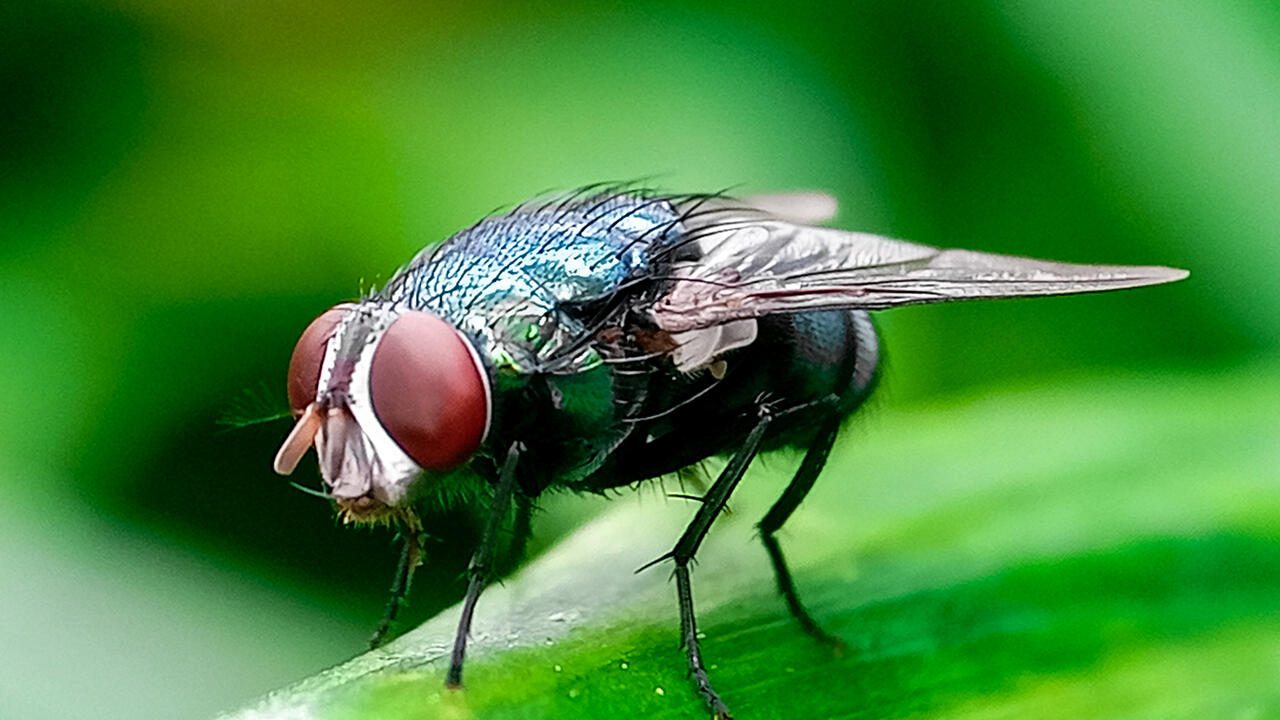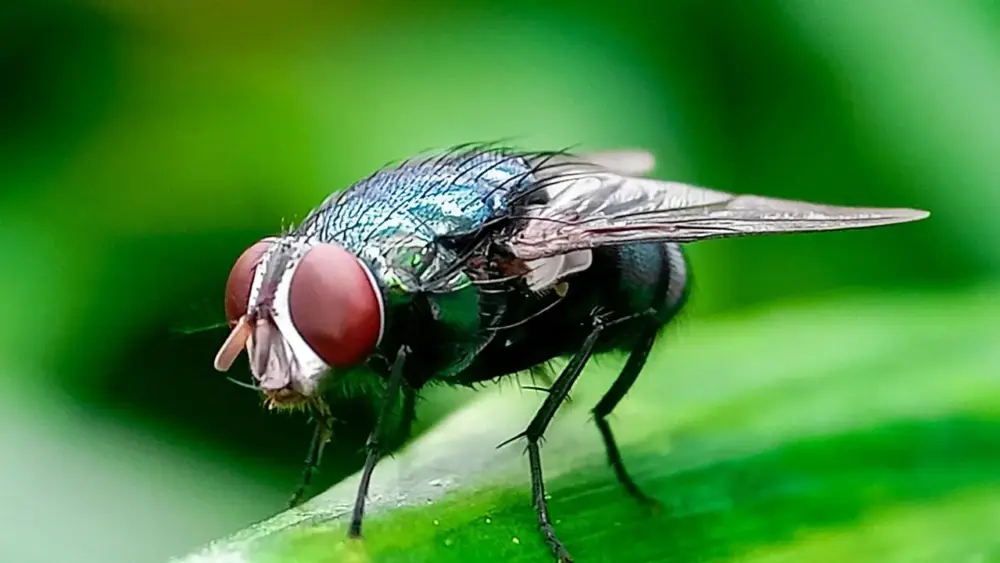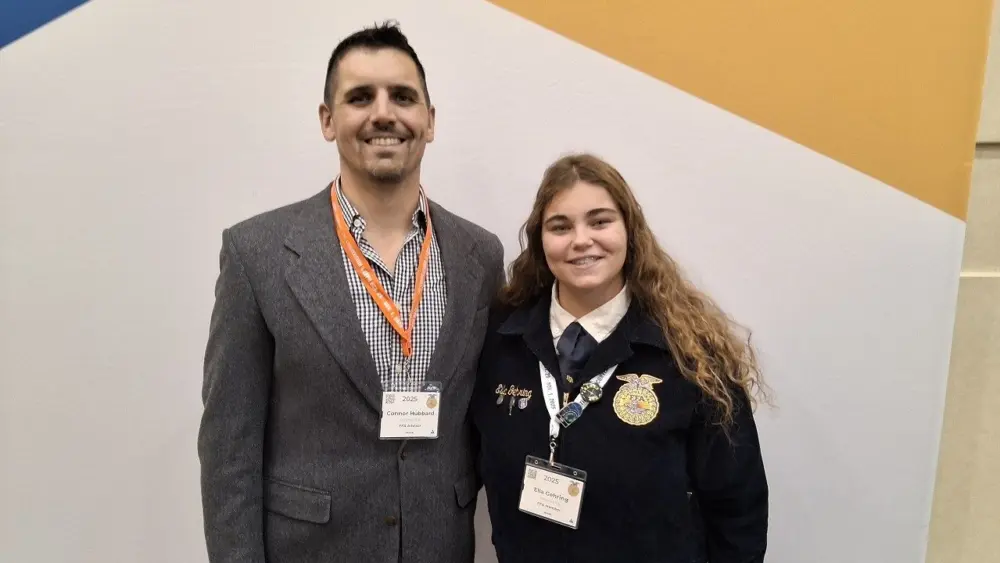
You’ve been hearing quite a bit lately about the New World Screwworm (NWS) in Mexico and in central America—and the harmful impact that the pest can have on cattle, horses and other animals. But, the CDC announced that a person from Maryland was recently found to be infected with NWS.
“From what we understand, it was an individual who had made a trip to one of the countries in Central America that has New World screwworm—which are all the countries in Central America right now. [That individual] came back, had some pain, went to seek treatment, and discovered that they were infested with New World screwworm larvae,” according to Colin Woodall, CEO of the National Cattlemen’s Beef Association.
“We do know that the protocol worked in that individual, who was treated, and the larvae were destroyed. And while, yes, it’s surprising to see that particular story, it’s not shocking,” says Woodall.
Even though this recent human case is something the cattle industry is monitoring, Woodall adds it doesn’t present a risk to the U.S. livestock industry.
“I think, for us, as we are taking a serious approach to protecting ourselves from New World screwworm, the things that we’re looking at are, one, did the protocols work? And it’s obvious that the protocols worked. Let’s think about this for a minute from a human standpoint. If you go traveling, and somehow the New World screwworm female lays its eggs somewhere in your body, you come back to the United States, and you’re going to have excruciating pain because these larvae, these maggots, are going to be eating you alive. So, you’re going to go seek some sort of treatment,” he says.
The name screwworm refers to the maggots’ (larvae) feeding behavior as they burrow into the wound, feeding as they go like a screw being driven into wood. The NWS maggots cause extensive damage by tearing at the hosts’ tissue with sharp mouth hooks. The wound can become larger and deepen as more maggots hatch and feed on living tissue. As a result, an NWS infestation in humans or animals can be extremely painful, and could possibly lead to death.
USDA has closed off imports of cattle from Mexico and central America to prevent New World Screwworm from coming into the U.S. and possibly infecting America’s beef and dairy herds.
CLICK BELOW for Hoosier Ag Today’s radio news report:






